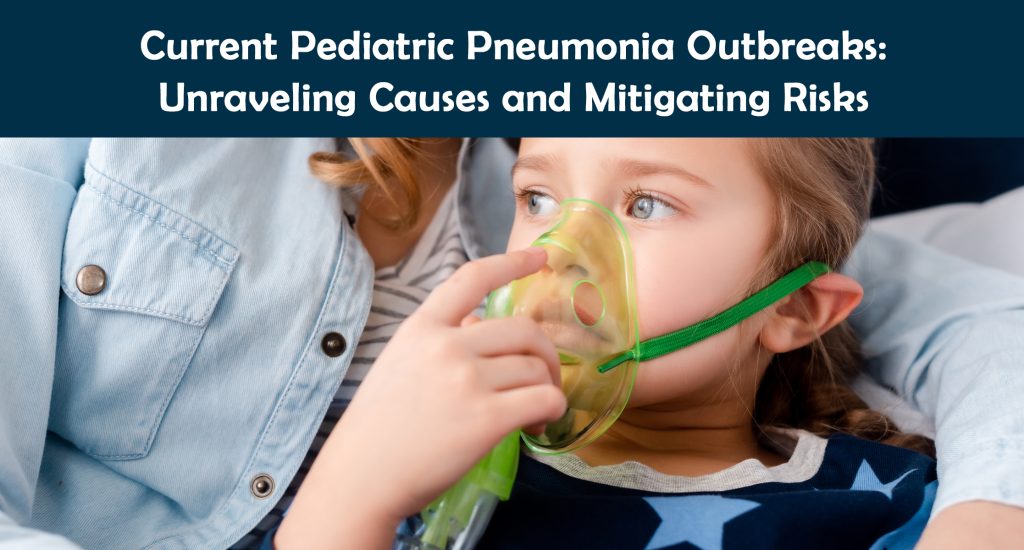
Outbreaks of pneumonia are currently affecting children in various countries, including the Netherlands, Denmark, and parts of the US and China. The incidents are higher than usual for this time of year, raising concerns among parents and public health officials. Contrary to fears of a new pathogen, the outbreaks are linked to known respiratory germs, such as RSV and Mycoplasma pneumoniae bacteria, common during this season. Understanding the dynamics of respiratory infections, particularly co-infections, is crucial in assessing the potential for severe diseases. Vigilant monitoring and preventive measures are essential in curbing the spread.

